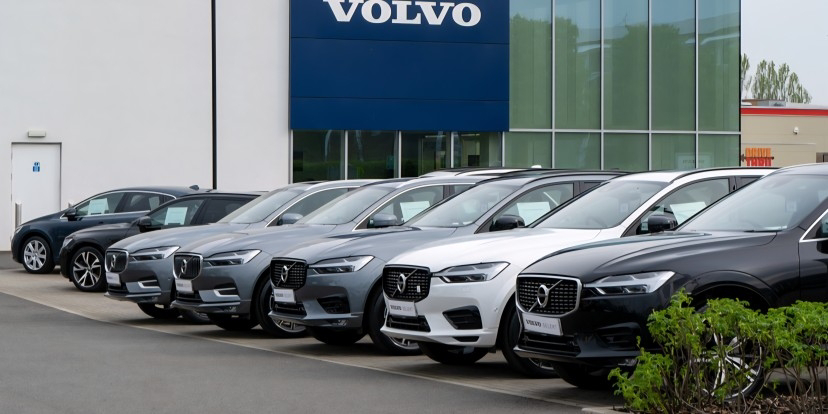Volvo to Drop Most Sedans and Wagons in U.S. Amid Rising Tariffs – Focus Shifts to SUVs and U.S. Manufacturing
Volvo is making a bold shift in its U.S. lineup. Starting with the 2026 model year, the Swedish automaker will phase out nearly all of its sedans and traditional station wagons in the United States, pivoting almost entirely to SUVs. The change is driven by newly imposed international tariffs that significantly impact Volvo’s business strategy.
Due to steep import tariffs—27.5% on European-built vehicles and a staggering 100% on EVs from China—Volvo is discontinuing models like the Chinese-made S90 sedan and the European-built V60 wagon. This marks a major transformation for a brand once renowned for its practical sedans and family wagons.
After the change, the V60 Cross Country—a lifted, ruggedized version of the standard wagon—will be the only non-SUV left in Volvo’s U.S. showrooms. In essence, the brand known for “sensible shoes” is now focusing almost entirely on the SUV market.
To adapt, Volvo is doubling down on local production. The company confirmed that its XC60 crossover, its best-selling model globally, will be manufactured at its Ridgeville, South Carolina plant beginning in early 2027. This facility, which currently produces the EX90 electric SUV and the Polestar 3, is underutilized, operating at just 13% capacity in 2024. Volvo aims to ramp up output and bypass European import taxes with domestic production.
Volvo CFO Fredrik Hansson said the investment needed to produce the XC60 in the U.S. will be “very low single-digit billion U.S. Dollars,” thanks to the factory’s existing setup for the now-discontinued S60 sedan, which shares the same platform.
Financial pressures are clearly accelerating this shift. The company reported an operating loss of 10 billion Swedish kronor (about €1 billion) in Q2 2025. Meanwhile, CEO Håkan Samuelsson is calling for the EU to lower its own 10% tariffs on American cars, arguing that Europe should lead by example when it comes to free trade.
This move represents a new chapter for Volvo in the U.S.—a pivot from sleek sedans to sturdy SUVs, driven by economic strategy and a rapidly changing global trade landscape.









Post a Comment